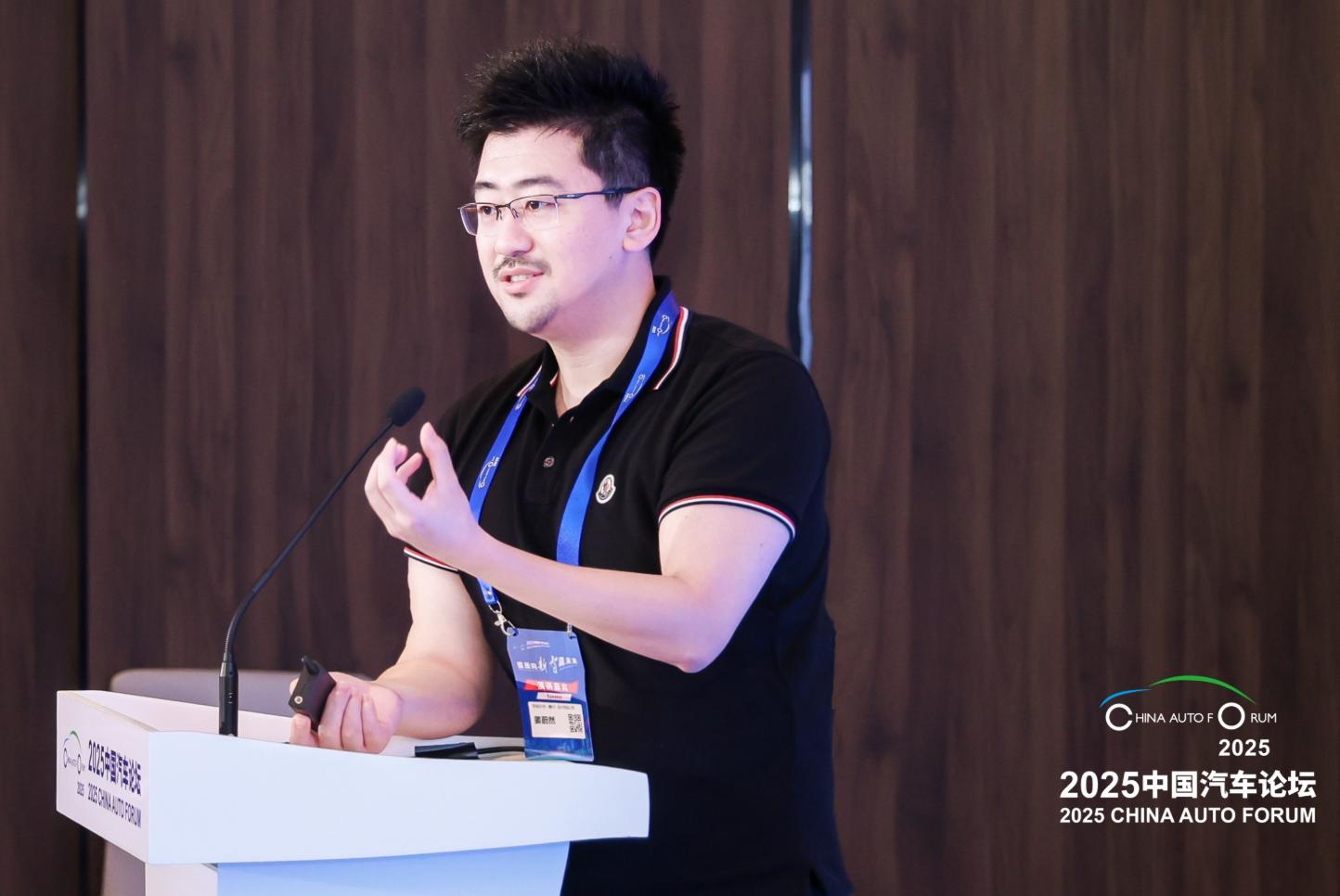
At the recent 2025 China Auto Forum in Shanghai, Dr. Jiang Weiran, R&D Vice President and Dean of the Research Institute at Farasis Energy, delivered a keynote speech highlighting the following insights:
Driven by the global energy transition and electrification wave, battery technology has become pivotal in determining the trajectory of future technology. While the current mainstream liquid electrolyte system for lithium batteries has fueled the growth of industries like consumer electronics and electric vehicles, it faces significant challenges: limitations in further increasing energy density and an urgent need for enhanced safety. Solid state batteries, emerging through revolutionary material innovation, utilize high-energy-density active materials and highly thermally stable solid electrolytes. This effectively breaks through the bottlenecks of energy density and safety, positioning solid-state batteries as the key technological frontier fiercely pursued by global research institutions and industries.
Based on publicized mass production plans, the industry is currently focused on advancing semi-solid-state battery production and developing all-solid-state batteries over the next few years. Mass production of all-solid-state batteries is unlikely before 2027 at the earliest.
Fields involving smart mobility devices, such as new energy vehicles, eVTOLs, and humanoid robots, have an extremely urgent demand for solid state batteries, with a substantial long-term market potential. The core requirements for solid state batteries in smart mobility include high safety, high energy density, long cycle life, low-temperature performance, fast charging, high specific power, and high flexibility.
The main bottlenecks for mass-producing all-solid-state batteries lie in electrolyte materials and manufacturing processes. The four mainstream types of solid electrolytes – polymer, oxide, sulfide, and halide – each have their own advantages and disadvantages. However, all solid-state batteries face the challenge of solid-solid interface issues requiring external pressure management. Pouch cells, with their exceptional flexibility, have emerged as the optimal packaging solution for current all-solid-state batteries. They are not only compatible with liquid, semi-solid, and all-solid-state systems but also offer advantages like high energy density, uniform internal structure, even temperature distribution and expansion, excellent cycle life, and lower cost.
In its solid-state battery technology roadmap, Farasis Energy is advancing two paths in parallel: an oxide/polymer composite system and a sulfide route.
Oxide/Polymer Composite Path: Since launching its first-generation solid-state battery (280-300 Wh/kg) in 2021, Farasis has continuously iterated. Its third-generation product achieves an energy density of 400 Wh/kg with significantly enhanced safety. It endures over 1000 charge/discharge cycles at 25°C, passes the rigorous 5mm steel nail penetration test, and shows no fire or combustion in a 250°C hot box test, placing its performance at the industry forefront. Subsequent iterations will progressively reduce liquid electrolyte content towards achieving an all-solid-state system.
Sulfide Path: This route eliminates liquid electrolytes entirely. Farasis's first-generation all-solid-state battery on this path exceeds 400 Wh/kg. The second generation utilizes lithium-rich/high-nickel cathodes and lithium metal anodes, boosting energy density to 500 Wh/kg. Future iterations incorporating anode-free technology will surpass 500 Wh/kg.
In August of this year, Farasis Energy will deliver its sulfide-based all-solid-state batteries to strategic partners. Utilizing a high-silicon anode and full solid-state technology, these batteries demonstrate no fire during shear, heating, or nail penetration tests, showcasing outstanding comprehensive performance.
Furthermore, Farasis's solid state battery R&D incorporates module and system safety design, earning multiple authoritative certifications. Its mass-produced eVTOL battery pack employs a silicon-carbon composite anode and semi-solid technology, achieving 320 Wh/kg energy density. Fast charging time is reduced to 15 minutes, and it endures over 10,000 flight cycles. The innovative immersion thermal management system, combined with a multi-dimensional real-time monitoring network, achieves active thermal runaway suppression at the pack level (with no thermal propagation).
Solid state batteries represent the ultimate direction for battery technology development, and pouch batteries are the optimal packaging form for them. As the industrialization of all-solid-state batteries approaches, Farasis Energy, leveraging over two decades of deep expertise in pouch cell R&D and intelligent manufacturing, stands firmly at the forefront of this industry transformation. As the vast market potential for all-solid-state batteries gradually unfolds, Farasis is poised to leverage its unique strengths, rapidly emerge as a dominant player, and provide robust, long-lasting power for the future development of the global smart mobility industry.
Next:Will Sodium Ion Batteries Replace Lithium Ion Batteries?
Previous:The Essential Guide to Storing LiFePO4 Batteries Correctly